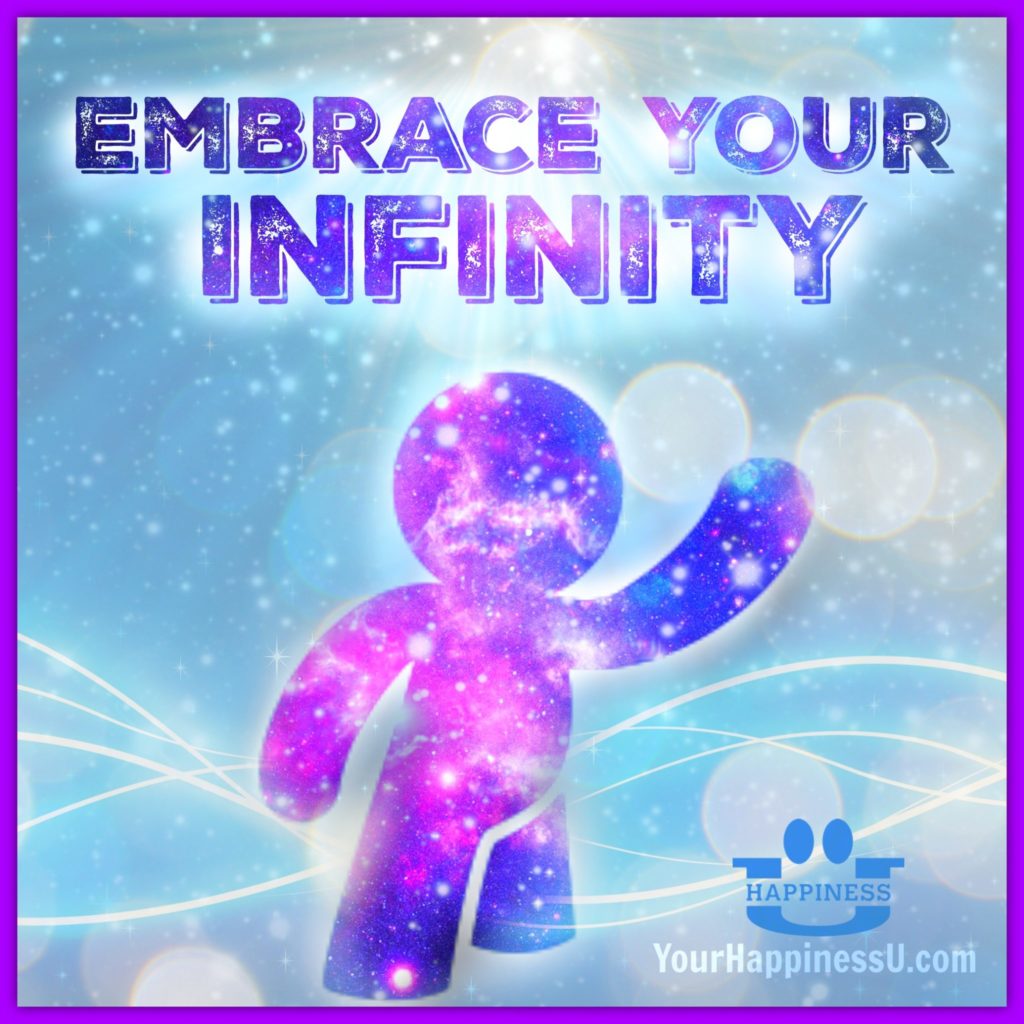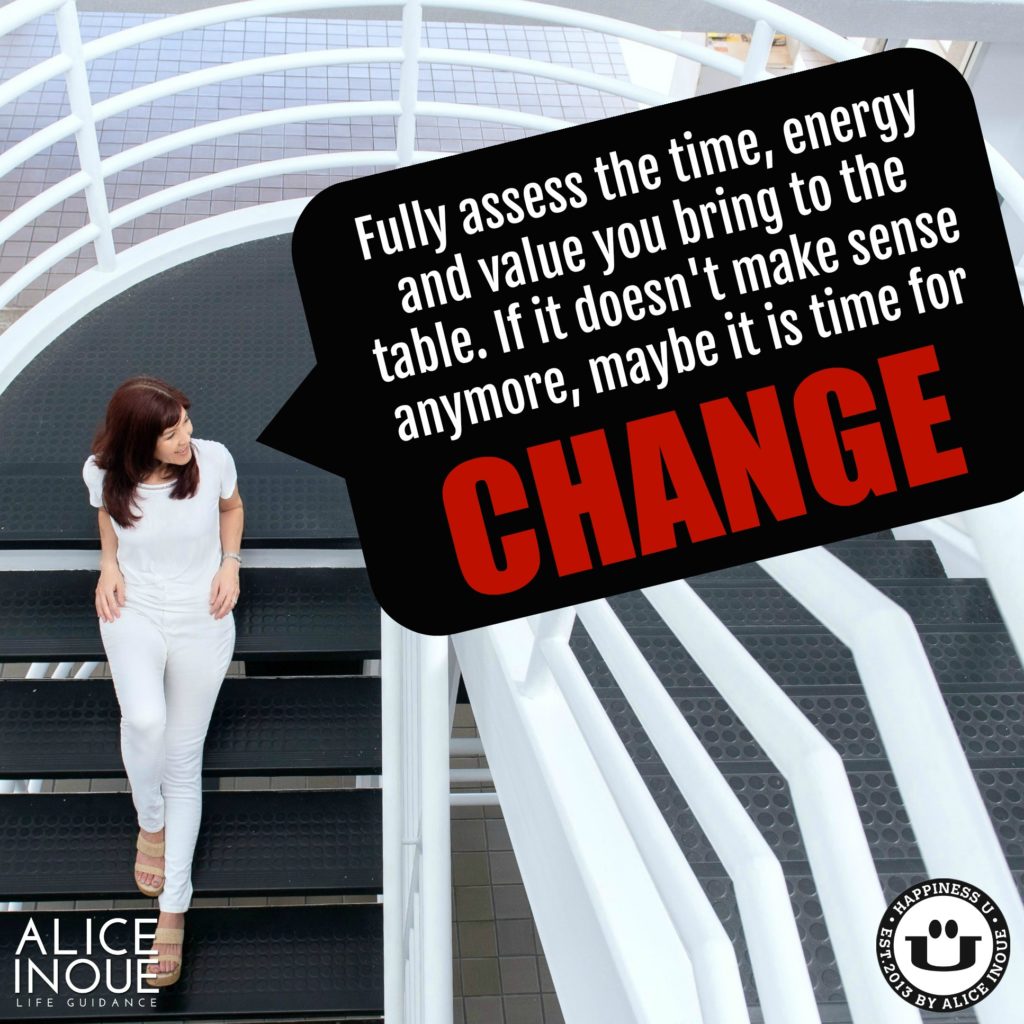
How do you see yourself?
About while ago a friend forwarded me an ad by Dove that came out in the form of a short film. If you are a woman, you probably saw it, as it was geared towards women and has garnered over 114 million total views since its release making it the most viral ad video of all time. Ad statistics show that one of every 30 viewers forwarded this ad showing that it resonated with a lot of people – most likely women.
If you missed it, you can watch it in the link at the end of this blog post, but basically it is a short film that used an FBI trained sketch artist to draw women first based on their own self-perception, and then based on that of a stranger. The stranger’s descriptions were regularly more stereotypically attractive and similar to what the subjects actually looked like. The point is that women are often overly critical of their appearances and don’t see their true beauty, sending the message to the woman viewer that you are more beautiful than you think. According to a recent survey only 4% of women think they are beautiful.
Accepting ourselves as beautiful is hard
Why is it that we, as women, have such a hard time accepting ourselves and seeing our beauty? Why do we obsess so much about how we look? When I look back on photos of myself from ten or twenty years ago, I now see how great I looked, but I distinctly remember at the time seeing so many things about myself as extremely unattractive and not feeling good about myself. The way I thought I looked, and the way I actually looked were so different. My perspective was seriously warped. Even now, I have friends that I see as physically “to die for” beautiful, and yet they see themselves as imperfect in some way. Somehow many of us have a hard time feeling good when we stray from the physical ideal we have in our minds. Not just women, but men too, I am sure.
If our self-judgments were truly just about how we look, we would evaluate ourselves and others in exactly the same way, according to the same standards. Yet, we judge ourselves so strongly. Why? I think it is because we are confused. We long for acceptance and fear rejection, and we somehow think that having beauty gives us the right to be loved and accepted. In reality, our appearance and our worthiness have nothing to do with each other, yet growing up we learned otherwise. From the beautiful women in ads, to the words of those in our lives, the message “to be beautiful is to be loved” got reinforced.
The words of my aunty come to mind
An aunty often said to me with the hopes of inspiring me when I was 30 pounds heavier than I am now, “Alice, it’s such a shame. No wonder you don’t have a boyfriend. Who wants a chubby girl like you?” Believe it or not, her heart was in the right place, but it did further reinforce that unless I was “skinny” no one would love or want me.
“Beauty” and “worth” are not tied to each other
When we buy into the false notion that beauty and worth are tied together, it lets us off the hook from being responsible for developing our own self-worth. That’s because it’s so much easier to surrender our self-esteem to others rather than be accountable for who we are and how we think we look. If we choose to be accountable for ourselves, it means we have to face the fact that we are always vulnerable to rejection, pain and loss. However, if we think that the problem is our bodies’ failure to look a certain way, we can always blame that. We can keep our focus on what we need to “work on,” or what’s not right about our bodies and looks – and by doing so, falsely believe we are doing something to create value. What we are really doing is fooling ourselves into thinking that looking better will in some way improve our worth and therefore, our self-esteem.
New beauty products
When I hear of a new “beauty” product that will reduce wrinkles, cover up grey hair or enhance my looks, I’m immediately interested. However, I have to keep reminding myself that no cosmetic product or strategy will ever make me more acceptable, and that my acceptability and worth has nothing to do with my physical appearance. It’s been a long journey and I know it’s not over. I also know that how I see myself today will be seen in a different way when I turn 60 or 70. Yet, I don’t want to have this sudden realization that I was actually “okay” at 50! Do you relate? What is the key to finding our self-worth and seeing our beauty now, in the present, instead of when we are at the end of our lives? How do we change our course?
It’s all in the mind
Our mind is where everything is mixed up. It mixes up beauty and self-worth, beauty and acceptability, and it also misperceives a ton of other things. It is simply your mind that creates what you think are your appearance problems – whether it is your being overweight, underweight, over-wrinkly or under-endowed. As we focus on these “problems” we move ourselves closer and closer to self-loathing territory making blame our subconscious crutch.
Letting go
As human beings, we have such a deep need for belonging. We have our own ideas of what love is, and what attractiveness means. We hold on to our personal beliefs around these issues like no other. The more you have ever let yourself feel beautiful or wonderful, only to be deeply hurt by an experience, the more tightly you hold on. You basically see that accepting how you look or who you are, is a setup for sadness.
It could have been as an only child when you thought the world revolved around you and BOOM, a sibling came along who got all the attention and your mind said, “I am unlovable. I am not good enough.” It could have been that you fell in love and “let go” and BOOM, he left you for someone else with a stick figure, and your mind said, “I am too fat. I am unlovable.”
Your mind may currently think, “I let down my guard before, and I’ll never go there again” and it becomes something you live by. This is natural. That’s why the first way to building self worth is to approach it logically- at first.
First of all
When we believe we are “less than” in some way, we think we are saving ourselves from hurt, because it supports the feeling of being unacceptable. You have defensive belief systems in place that do not allow you to let go.
Interestingly, the possibility of being hurt is always there no matter what, but the possibility to feel joy about who you are can only happen when you trust that you are lovable and that you have worth.
Try this to begin
It’s time to start changing your mind. Not all the time, just do this a few times, consistently, to help your mind see something different than it has always seen. This is the way to shift your perception. Every little bit helps! I have done this so I know it works.
Get your journal out and get ready to start writing. The truth is always there, you just have to bring it from subconscious to conscious so it can become part of your reality. Your mind just has to be shown where the following exists in order for you to see a different perspective.
Answer these questions, as abundantly as you can.
• Who praises you and shows you love, befriends you, and cares about you, even though you don’t look the way you want to.
• Who do you love even though they don’t look their most awesome self.
• Who you admire and respect even though they don’t fit the classic mold of “beautiful.”
• Who is beautiful physically that has looks “to die for” that you would no way in hell trade places with because of things you see in their personality that turn you off.
By doing this you make new neural pathways that will help you to move out of the deep seated belief that beauty equals self-worth. You balance your perception by seeing that there is a bigger picture and a new perspective other than what you are used to thinking.
Note these things as you go through your day. Today, tomorrow, everyday. Show your mind there is more than it has been thinking. It’s hard to do, at first because your mind won’t want to go there, but it’s really all about trusting that things can change.
Dove’s Real Beauty Sketches Video: http://www.youtube.com/watch?v=XpaOjMXyJGk
Thanks go to Dove, Martha Beck, and Dr. Demartini for bringing to my awareness a few of the concepts and insights I included in this blog post.

















